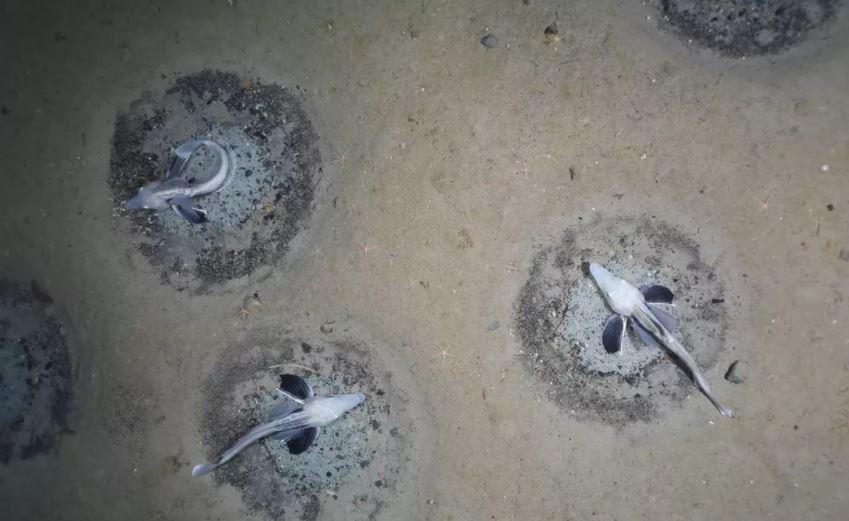The sexiest club in Antarctica is on the floor of the Weddell Sea, where all the cool icefish congregate. There are approximately 60 million of them. They’re there for one reason only: to make more icefish.
In a statement released on Thursday, the Alfred Wegener Institute (AWI) of the Helmholtz Centre for Polar and Marine Research in Germany announced the finding of the world’s largest known fish spawning area. In February 2021, a team aboard the research vessel Polarstern discovered the enormous icefish spawning colony while scanning the seafloor with a camera system.
An unending field of icefish (Neopagetopsis ionah) nests could be seen in the Polarstern film. AWI noted a growing sense of joy as the nests continued to appear, followed by disbelief. According to the experts, the area covers 93 square miles (240 square kilometers) with a population of 60 million fish.
The findings were published in the journal Current Biology this week, and the colony was described as having a “globally unparalleled scale.”
“It’s incredible that such a large icefish spawning area in the Weddell Sea was previously unknown,” said AWI scientist Autun Purser, the study’s principal author.
Each nest can hold between 1,500 and 2,500 eggs, each guarded by an adult fish. The characteristic circular nests with their guardians can be seen in images and video taken from the seafloor. In addition, the researchers discovered the icefish colony is a frequent location for seals, likely producing appetizers for the occupants, based on data from trackers.
The researchers advocate creating a regional marine protected area in Antarctica to protect the fantastic habitat from fishing and intrusive research.
“So far, the remoteness and difficult sea ice conditions of this southernmost area of the Weddell Sea have protected the area,” said AWI director Antje Boetius, who was not directly involved in the study. “But with the increasing pressures on the ocean and polar regions, we should be much more ambitious with marine conservation,” she added.


